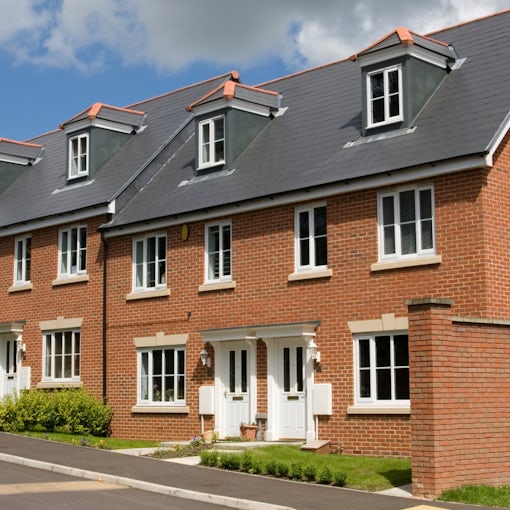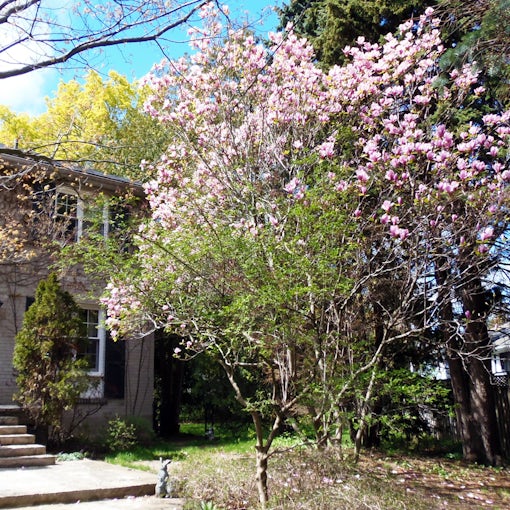Thinking about moving house in Peterborough? It’s a big decision. But would you be better off improving your current property?
As circumstances change and life moves on, there comes a point for many homeowners when they begin to wonder if it’s time for a change. Perhaps a new addition to the family means you need more space. Maybe you’ve decided you’ve endured a lack of garden for long enough. Or perhaps you are just tired of cooking in a cramped kitchen. Whatever the reason for those itchy feet, don’t go running to the estate agent in Peterborough until you have considered the following: would you be better off building an extension onto your current property?
To move or to improve: that’s the question.
Upping sticks
Moving house isn’t cheap. From solicitors’ fees to stamp duty, the inventory of costs is long. In fact moving from a £125,000 flat to a £250,000 house is estimated to cost around £8,000. That’s a sizeable sum by any measure.
That said, a £125,000 flat gives you little scope for home improvement without moving. With precious little space to expand into, extensions are rarely an option. Therefore if you’re searching for your dream home, moving might be your only viable choice.
Although in most cases extending makes financial sense, sometimes it can be smarter to move. The increase in value to your property isn’t always equal to the cost of the extension. Moving also gives you a chance to relocate to a more opportune location. Maybe you want to move closer to friends, family or work. Or if you have children, you may want to move out to the countryside or into a particular school’s catchment area.
On the other hand, uprooting yourself and your family can create its own problems. Especially for children with close friends in their current school or area. Faced with these sorts of issues, it can make more sense to move to a property within your current area. Decisions, decisions – and there are plenty more.
Extending
Extending obviously comes with its own set of costs. But most of the time it works out as a good investment. An extension priced between £30,000 and £50,000 could hitch up your selling price by somewhere between £75,000 and £100,000, allowing you to improve your home both in terms of quality and value. However this is, of course, dependent on your location. If you are living in a high value area like London, digging under your home to create a basement can be a great idea. In lesser value areas, it may not be cost effective.
There are plenty of hidden costs when it comes to extending too. Helen Brunskill of Brunskill Design Architects estimates the cost of extending in London as between £1,000-£1,600 per square foot, with VAT charged at 20%. You may not have to pay legal costs, but you can expect to pay 100% of the construction costs on fees for architects, structural engineers, building regulations and planning permission – unless it’s a loft extension or the extension doesn’t extend more than three metres away from the house.
Have you considered how you might pay for that? Some homeowners choose to release equity to fund an extension. But it’s important to make sure this is sensible and realistic, as missed repayments can put your home at risk. You can typically borrow from £3,000 to over £100,000 depending on the amount of equity in your home, your income and your credit history. Repayments will then be spread out over a term of between 3 and 25 years.
What’s more, an often overlooked factor to consider when extending is the prospect of having to live in a building site for a significant period. Not being able to use your kitchen, garden or driveway can create its own set of problems and can be stressful and unpleasant for your family and/or pets. On the other hand, you don’t have to go through the stress of selling your home, buying a new one and moving in within a time limit.
Finally, you should make sure that your property is not affected by an Article 4 direction. These are regulations that restrict development of properties in a particular area or site (such as a conservation area) or a particular type of development anywhere in the authority’s area. Owners of properties within conservation areas will find it considerably harder to extend than those owning properties outside of these areas.
Advice from experts
The biggest decisions tend to be the ones you agonise over. A little expert insight really can help you make your decisions in confidence. That’s why you should talk to Belvoir. Our staff have decades of experience helping homeowners make the most out of their investments. With our genuine local expertise, fantastic customer service and unwavering commitment to putting our customers’ best interests first, you can count on us to provide the knowledge you need to make your next step your best step. For a free market consultation, contact the Belvoir Peterborough office or feel free to get in touch with me directly.
You may also be interested in:
>> 7 reasons it’s a fantastic time to live in Peterborough
>> 8 signs it’s time to sell your home
>> Who’s really selling your property in Peterborough?
>> The step-by-step guide to selling property in Peterborough
Lottie Hostead
Sales Manager
Lottie.hostead@belvoir.co.uk
01733 511099
This blog is written by Lottie, Lottie Hostead is Belvoir Peterborough’s Property Sales Manager. Born and raised here she is both a property expert with 10 years experience selling homes in Peterborough and a genuine local.
If you’re thinking of selling your home here then give her a call for a free no-obligation valuation









